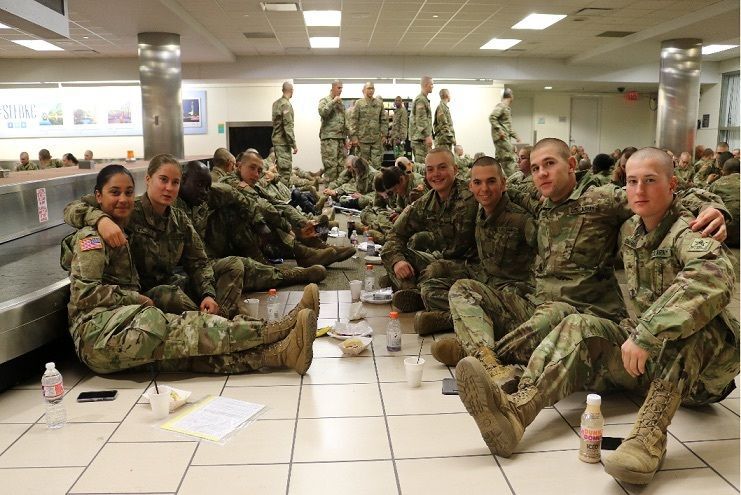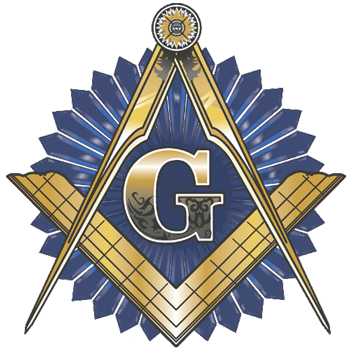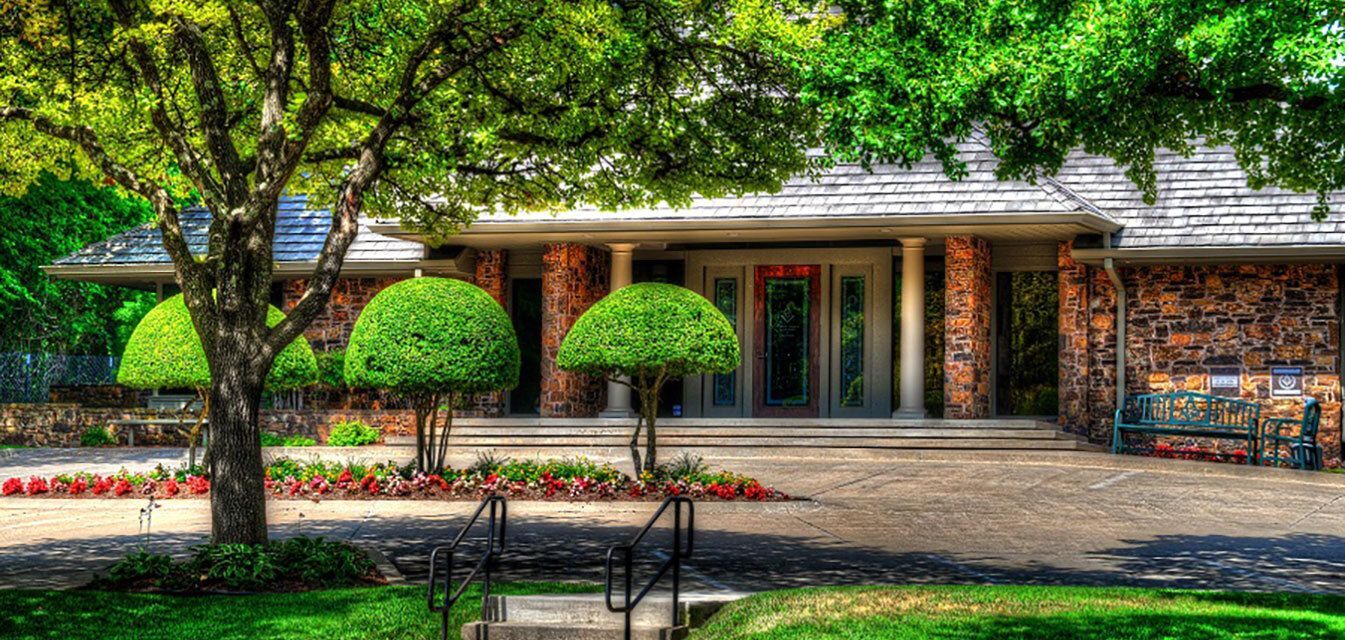
History of Masons and the Military
Masonry has many roots deeply tethered to the military and veterans. There are many stories that have been told about brother Masons, serving in opposing armies, who spared each other from death upon being recognized as fraternity brothers. General George Washington, the Commander-in-Chief during the American Revolution, is reported to have visited a lodge with his British adversaries while under the flag of truce. It’s hard to believe such a thing could be true, as the nature of warfare has changed so drastically over the centuries.
During the infancy of the United States, clandestine lodges were all that could exist until a charter could be issued; a unique issue during the Revolutionary War. However, accommodations where made for the professional soldiers when Grand Lodges began issuing charters for regiments to have military (traveling) Lodges. The first English Military Masonic Lodge was established in Florida in 1750 and was attached to the 31st Foot.
As time marched on, Freemasonry spread west with pioneers and traders. Freemasonry became very prevalent in Oklahoma, with local tribes finding great interest in the organization and rituals. When the Civil War broke out, Albert Pike, a famous Oklahoman and Mason, would become appointed a brigadier general and was appointed a post in Indian Territory, where he continued to pass the tenets of Freemasonry to the tribes he encountered. There are many stories of kindness being bestowed onto Brother masons fighting on opposing sides. One such story is of a Confederate surgeon who tended the wounds of a wounded Union Mason Colonel W.H. Raynor, expressing that he can only hope to get the same treatment from your men….If you will relieve the distresses of a suffering Brother Mason when you are in your power, I shall be well paid.
Dr. Joseph Newton in his book The Builders: The Story and Study of Freemasonry stated that the Fraternity wasn’t prepared to handle their members abroad during WWI but not long after, the Masonic Services Association was established in 1919. With the establishment of the MSA, the War Service Work of the Grand Lodge of America were ready to serve and provided tremendous comfort and relief to military Freemasons away from their homes. During WWII, Freemasonry found itself under attack from Adolf Hitler, conflating it as part of a collusion between Jewish people and Masons to conspire against Germany. Many US Brethren found comfort and shelter in Lodges in England, France, and other areas of Europe. Many of the wars greatest heroes, such as General Douglas MacArthur, were Masons and their belief in the tenets of Freemasonry often helped guide their conscience during the war.
After WWII, the MSA took a more prevalent role in our veterans lives, expanding their services not only to brothers but to any service member through hospital visits. The name is somewhat misleading. The Masonic Hospital Visitation program is one of the finest public relations programs undertaken by the Fraternity. The MSA deems this their major relief work. It is much more than merely visitations. It is the rendering of services to all of our sons and brothers, Masons and non-Masons alike, who need someone to turn to for encouragement.
The Masonic Charity Foundation of Oklahoma has also committed part of their mission to the care and concern of not only our members who are veterans, but to our veterans as a whole. Through commitment to organizations like the Dale K. Graham Veterans Foundation, the YMCA Military Welcome Center, and the two VA Hospitals in the state of Oklahoma, we take pride in supporting our military heroes. As Military Appreciation Month draws to a close with Memorial Day on Monday, take a moment to reflect on how Masonry has always been an integral part of our armed forces. At the Masonic Charity Foundation we will remain steadfastly committed to our service men and women, active or veteran, through the organizations we provide grant funding to. Thank you for your continued service as we honor your commitments to our great nation.

